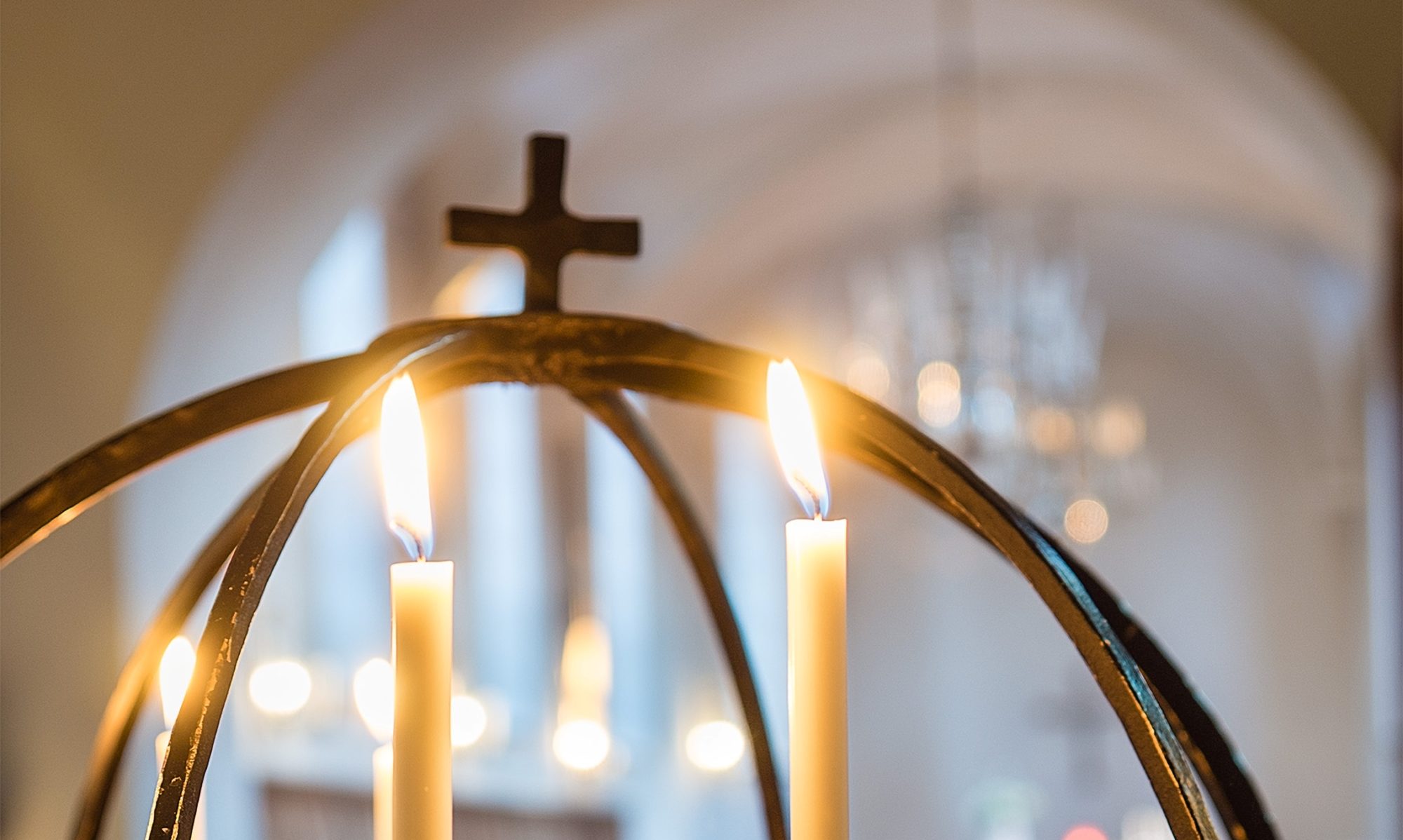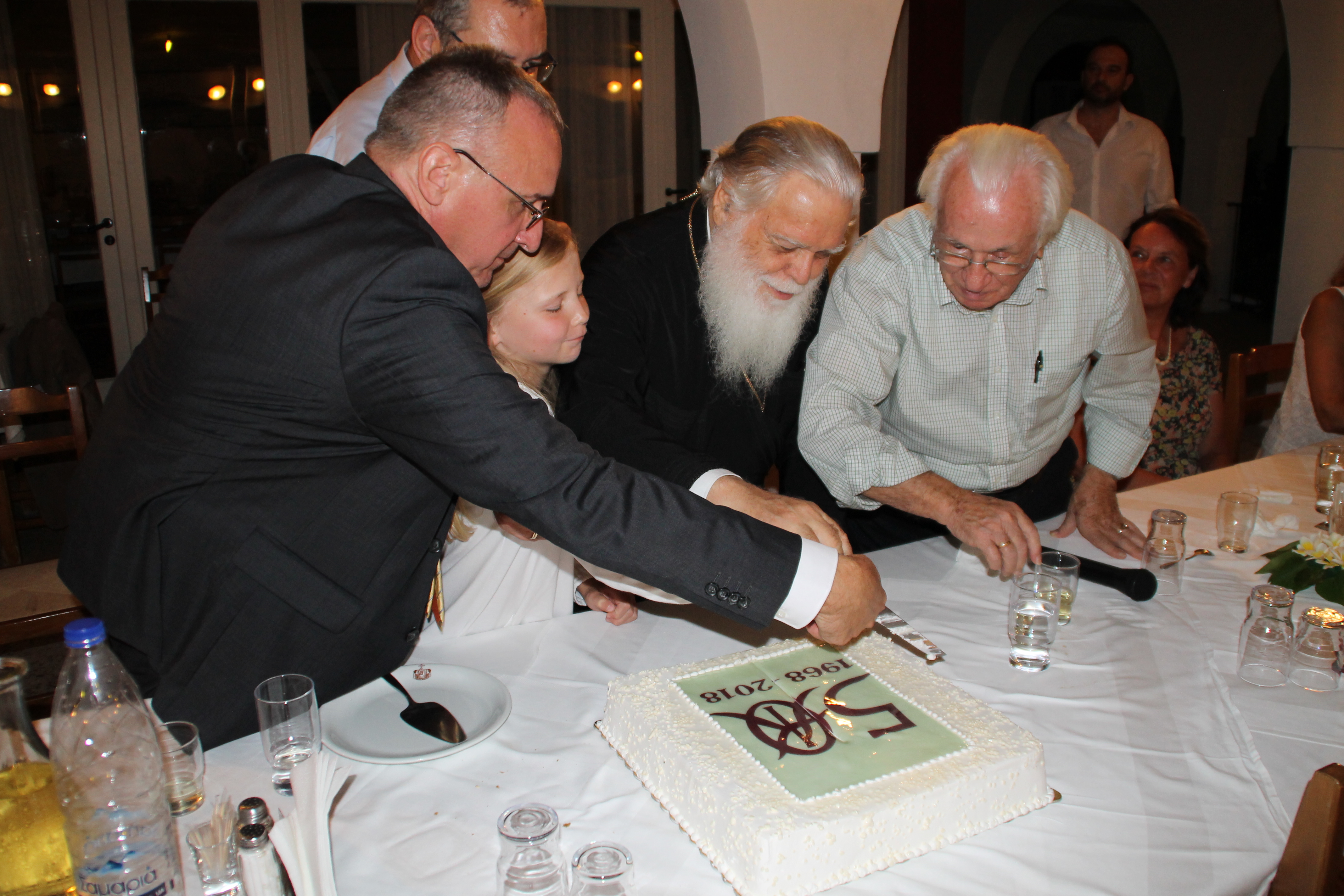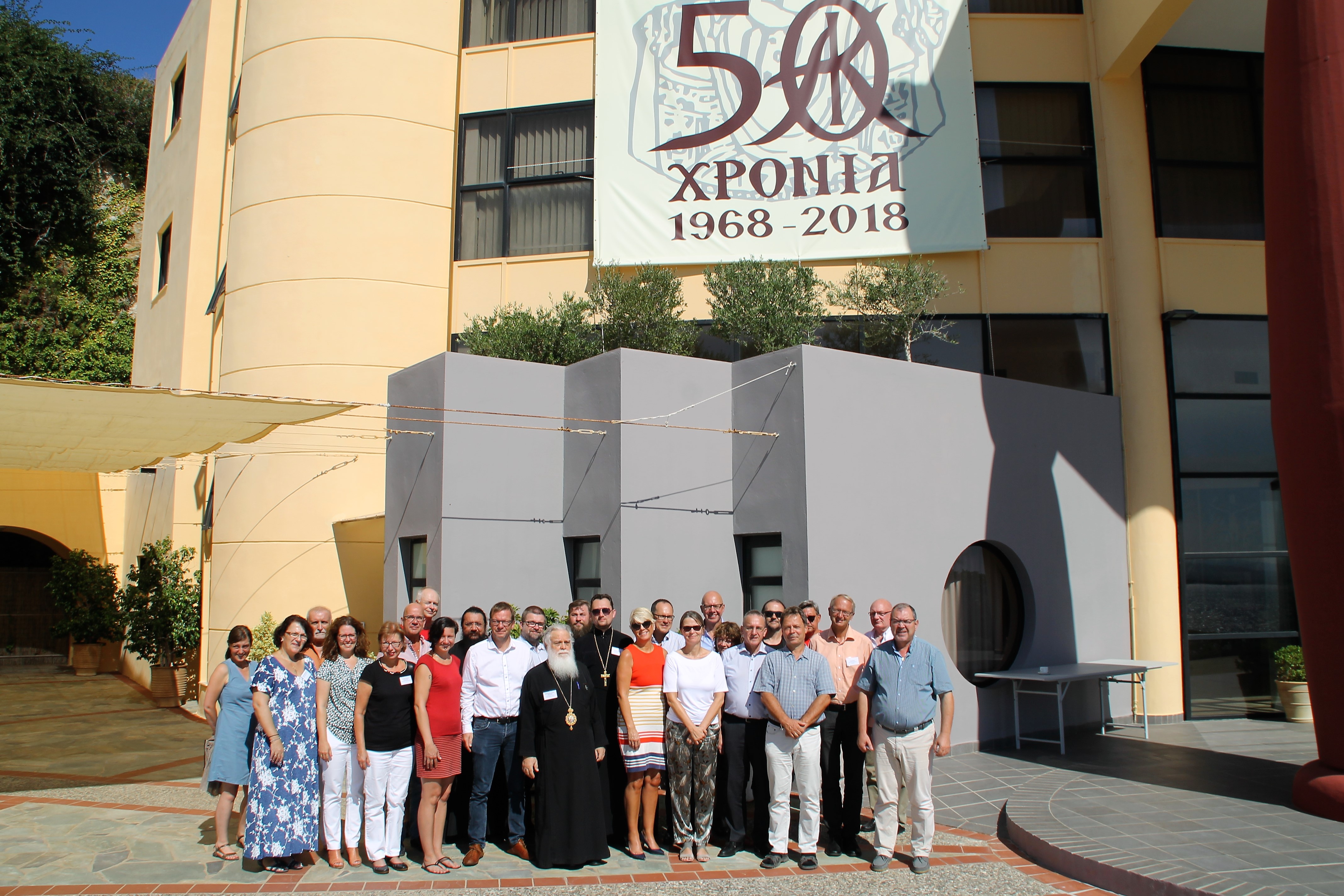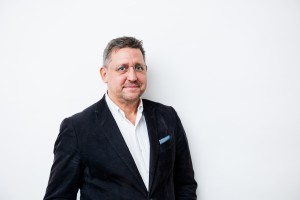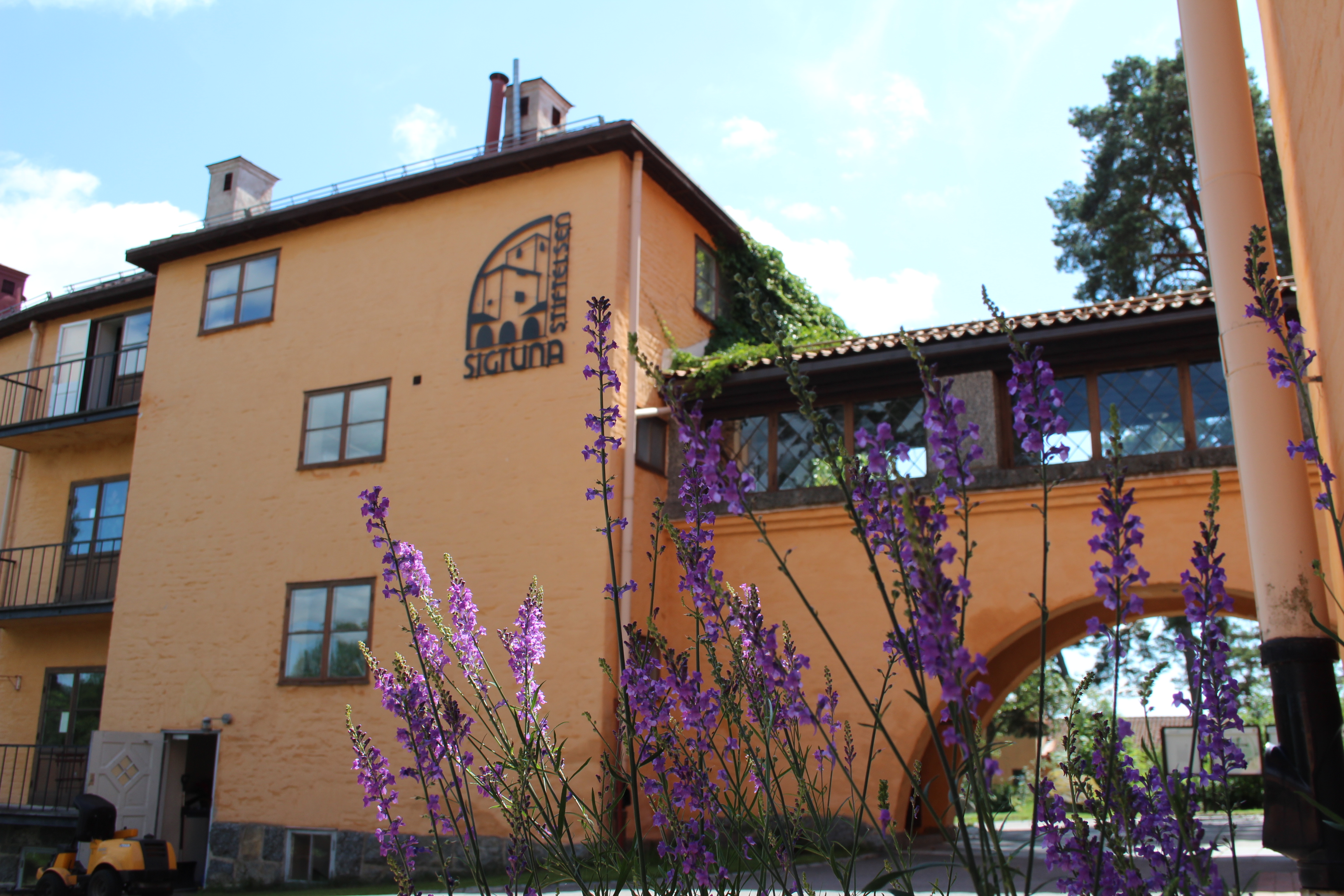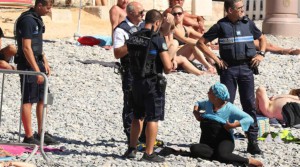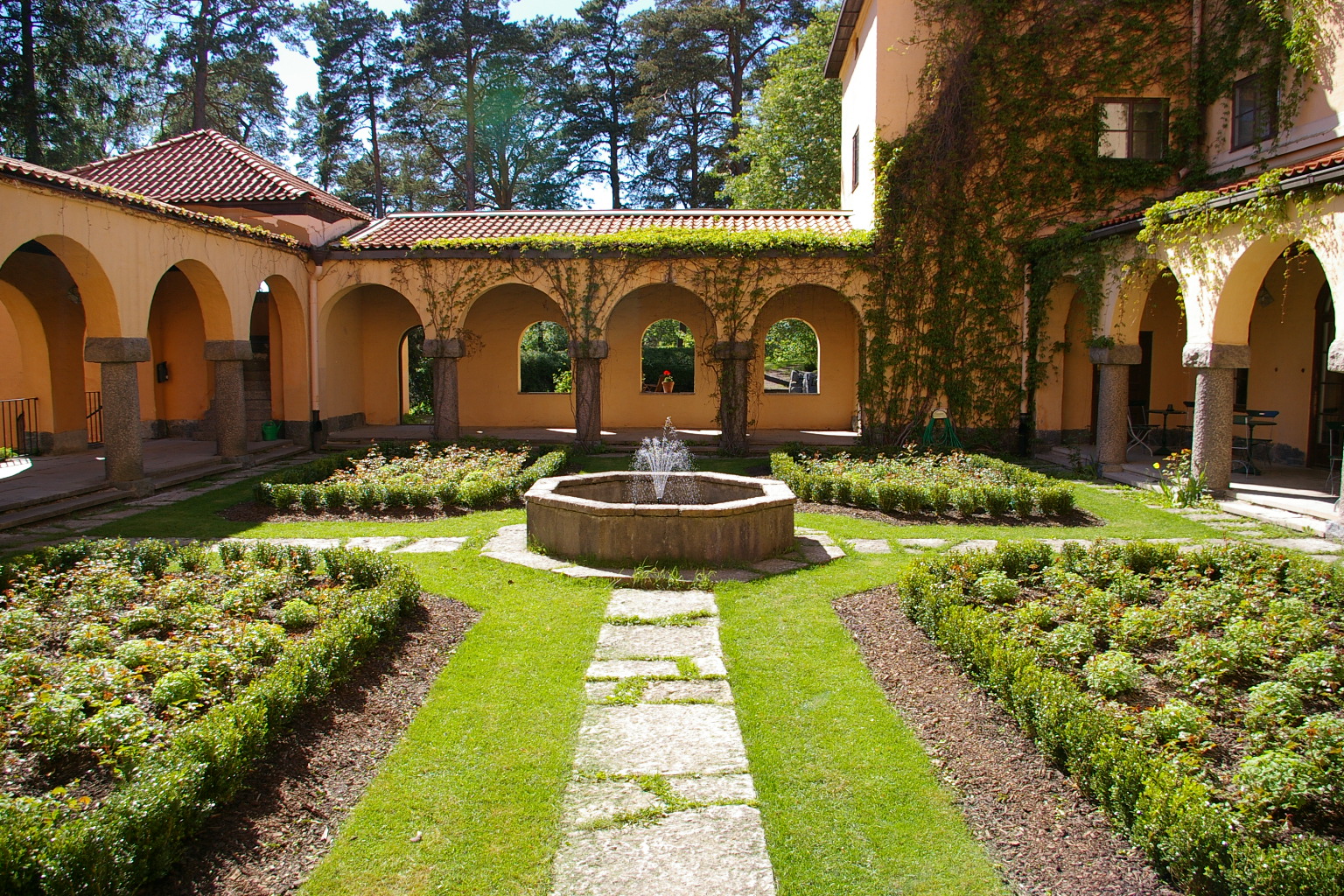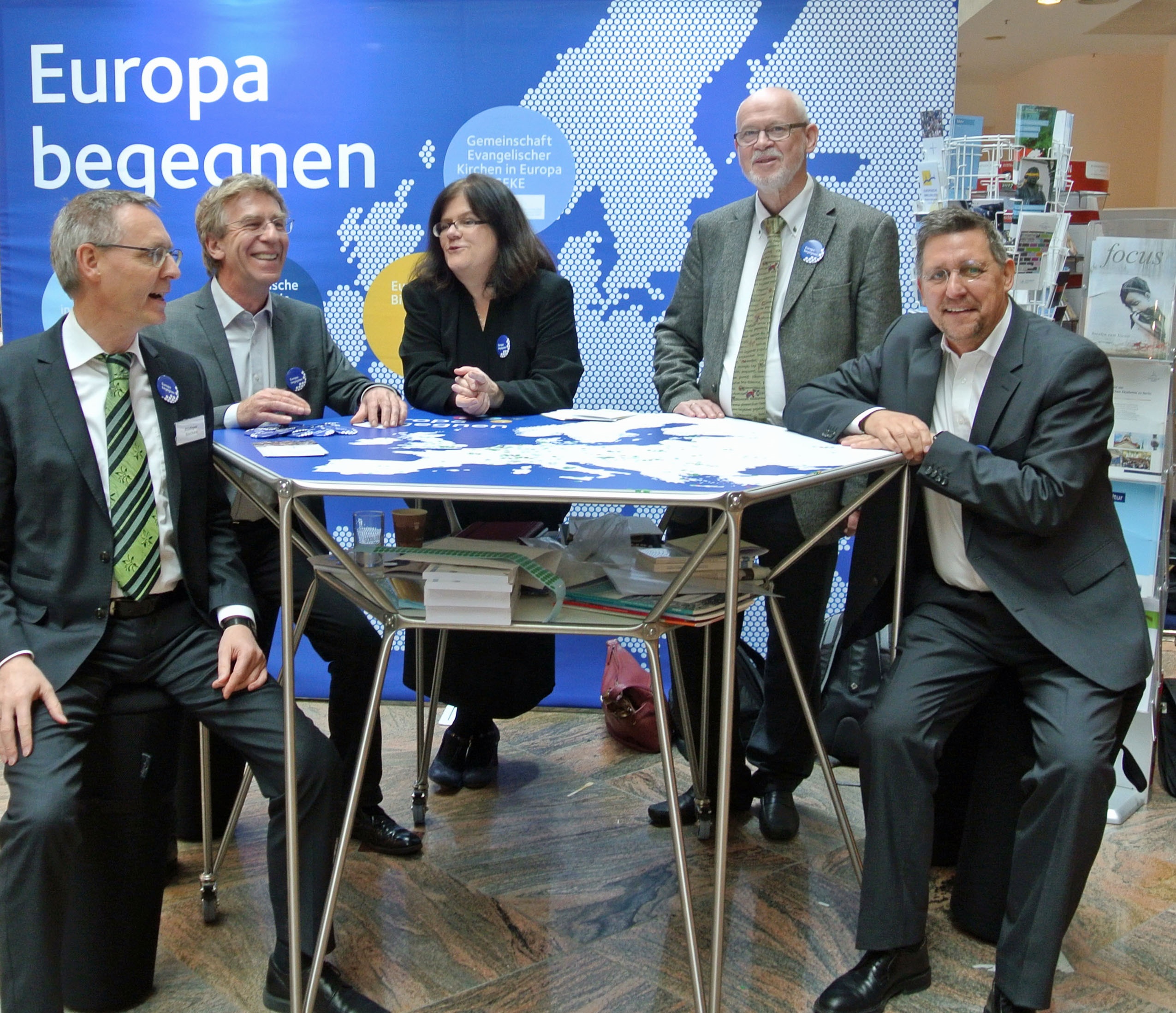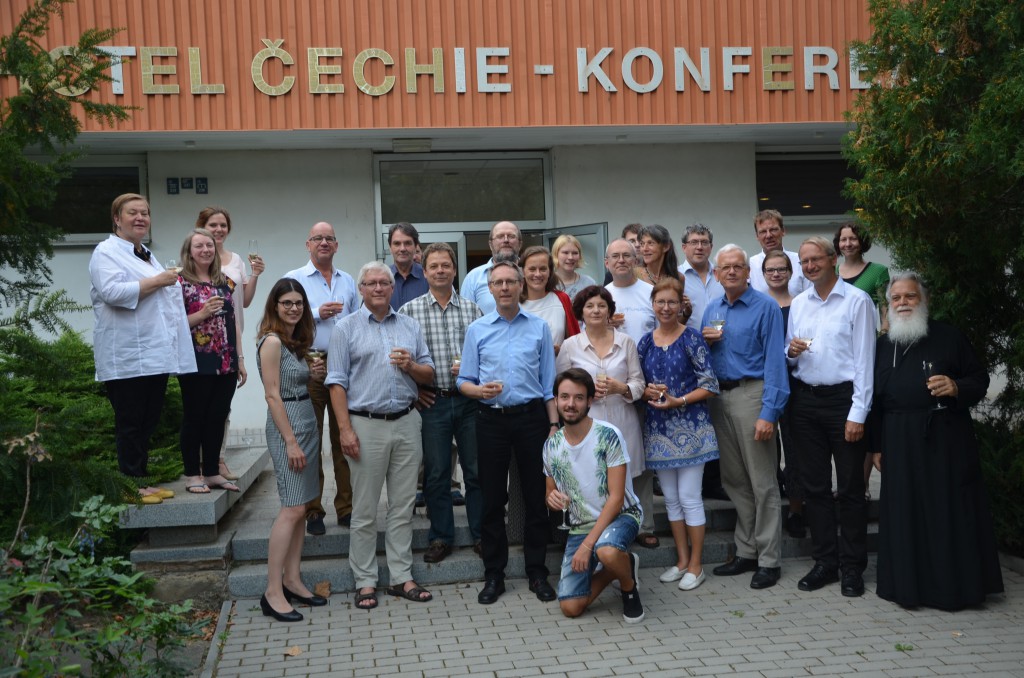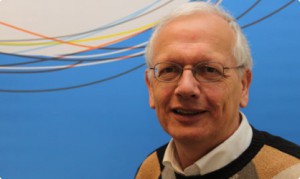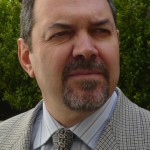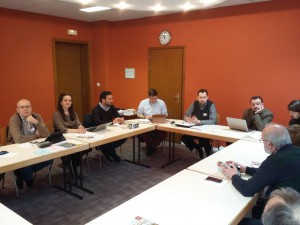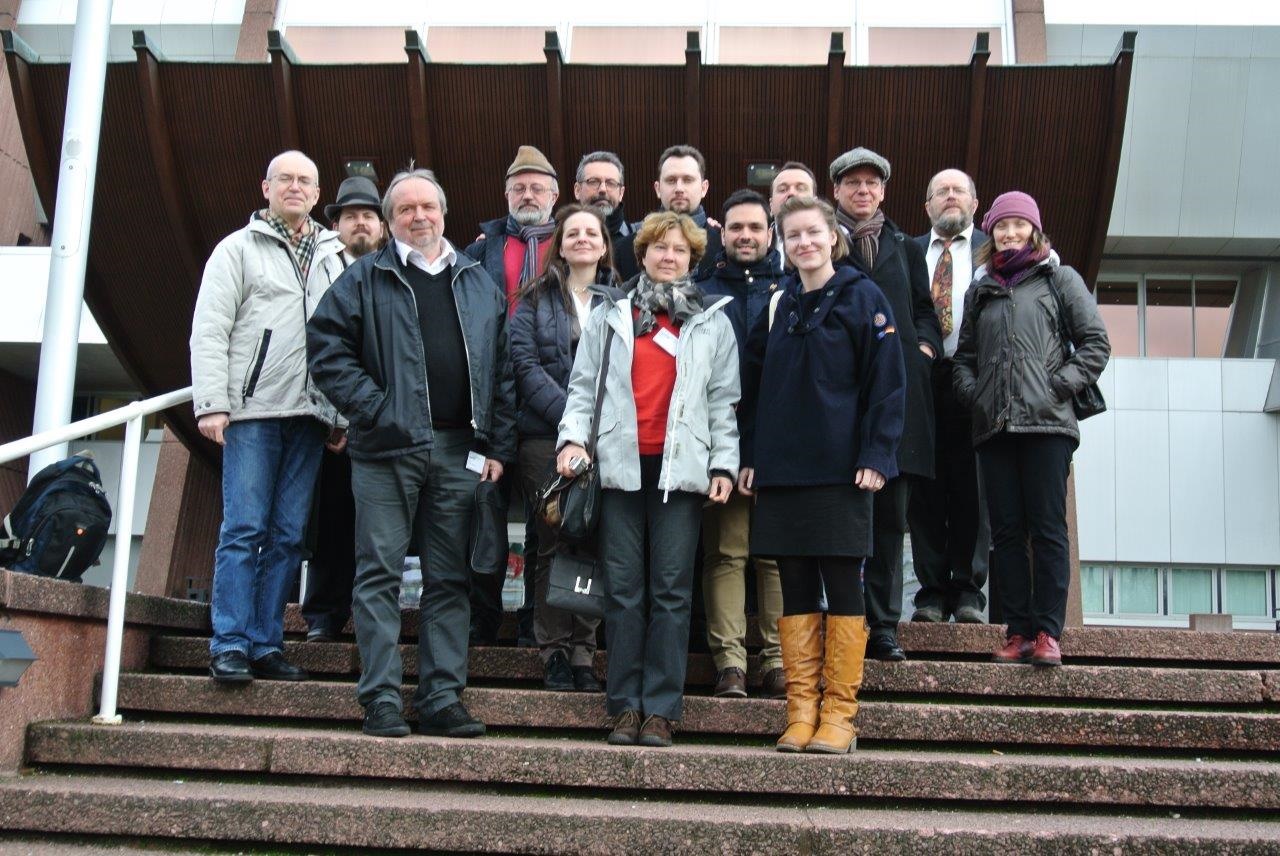The Annual Conference of Oikosnet Europe was this year hosted by the Orthodox Academy of Crete, an academy that also celebrated it´s 50 year anniversary. As always, it was a wonderful mix of new acquaintances and reunion with old friends.
During the business meeting, two new members were elected to the board. Kristin Gunleiksrud Raaum from the Church Academies in Norway, replaced Sören Lenz from Liebfrauenberg, France as new vice President, and Karolina Silna from the Ekumenická Akademie Praha in The Czech Republic, replaced Nicola Murray from Corrymeela UK.
Two auditors, were also elected, Sara Marta Rostagno from Agape, Italy and Birgit Weinbrenner from the Evangelische Akademie Villigst. Metropolitan Ioannes Sakellariou from Greece was elected as new memeber of the Nominations Comittee and he will share this responsibility with Aleksei Bodrov, from St Andrews Theological Institute, Russia.
A variety of perspectives during the study day
Learning more about the culture and society are for many one the most appreciated parts of the Annual Conferences of Oikosnet Europe. The theme this year was Europe with different eyes – The case of Greece for example, a theme that was exemplified by lectures and presentations with different aspects on the situation in Crete and Greece. Dr Kostas Filis, Director of Research at the Institute of International Relations of Panteion University ( Athens), gave a presentation on the topic “Challenges and opportunities for the EU and the role of Greece”, followed up by a presentation by Dr Kostas Melas, Professor of Economics at Panteion University in Athens, on the concept of “creative destruction”.
A concrete example on how deep crisis could be transformed in to opportunity was presented by Despoina Mathioudaki and Tini Damianaki, two entrepreneurs who succesfully had managed to rediscover old recepies of the traditional Crete cuisine and turn them into good business. Another project that came out of the economical crisis, was presented by Thanos Paraschos, Vasillios Kottas, Sarantis Kyritsis and Heinz Kabutz, students of science at University of Crete, As a learning process in high technology they are trying to send the first Crete astronaut to space. (Not a real one, one might have to add…)
Last but not least, Heinz Kabutz, PhD in computer science, shared his story about starting up a conference business on an island like Crete in the time of crisis. His idea of having conferences without agenda was something that appealed to some of the auditors. So who knows, maybe it will tried out and explored in some upcoming event of Oikosnet Europe.
27 participants, representing 16 member organisations, took part of the conference this year, a most enjoyable stay thanks to the beautiful location and the generous hospitality of director Konstantinor Zormpas and Katerina Karkala Zormpa, head of the Conference Organisations of the OAC. We look forward to meet upp again at the Annual Conference 2019 that will be hosted by the Academy of Agape. More information will be sent out in the newsletters to come.
Minutes from the Business Meeting
